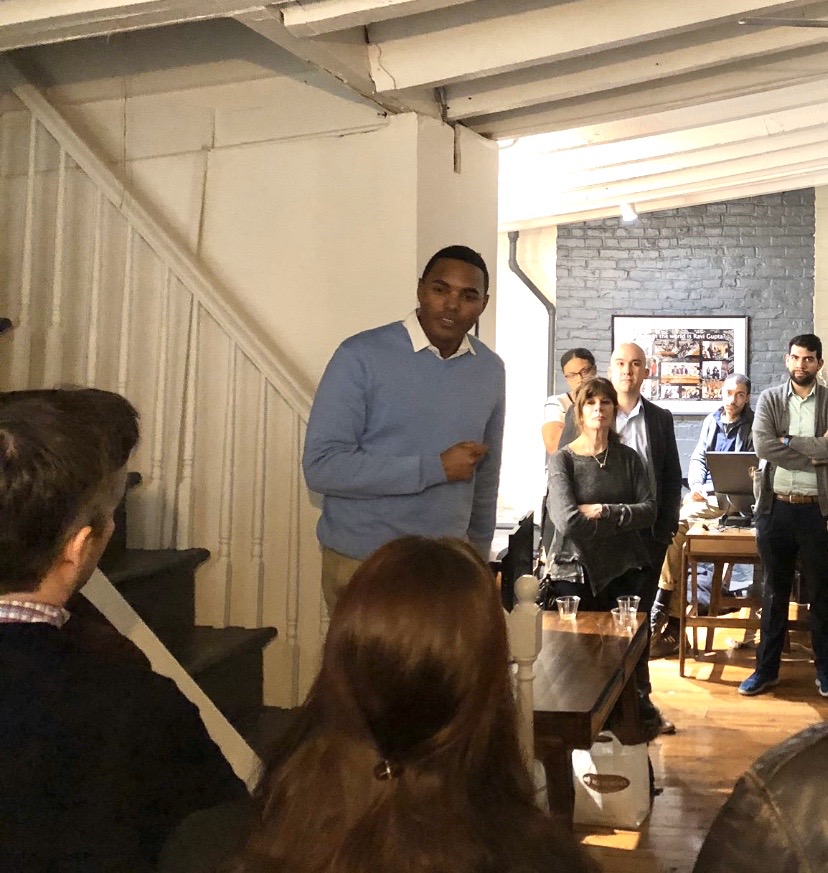Candidates in New York’s 15th District Congressional race are signaling that their campaigns have virtually ground to a halt, with many in the race experiencing a dramatic decline in fundraising since January.
As candidates continue to struggle to find cash to fuel their races, many are resorting to virtual fundraising operations, hosting Zoom calls and advertising in social media, in place of conventional methods like in-person campaigning.
“I’m having to build off of relationships that already exist,” said former City Council Speaker Melissa Mark-Viverito. “When I do campaign, it’s usually via other people.”
The race is to fill the seat in the district being vacated by Bronx Democrat José E. Serrano, who has said he’s stepping down for health reasons. The Democratic primary is scheduled for June 23.
Mark-Viverito, who expressed discomfort campaigning while the rest of the South Bronx is battling the novel Coronavirus, said her fundraising has all but stopped since mid-March.
Having raised $270,353 since January, according to federal filings, Mark-Viverito said she is beginning to restart her campaign, with an online fundraiser call expected next week.
More critical than the amount raised, however, is the amount of cash a candidate currently has on hand.
“The thing that’s going to win this race is name recognition and resources,” said Councilman Ritchie Torres, also running for the seat. “We’re redirecting our resources toward television, mail, and digital.”
Torres, who himself recently recovered from a case of Coronavirus, has raised far more than his other nine challengers. That makes him one of the few candidates who can afford the hefty price tag for television and mail advertisements.
Still, Torres is concerned that building name recognition is an uphill fight against some of his better known challengers, like Ruben Diaz, Sr., who have been in politics far longer.
Despite being a controversial figure within the New York City Council, Diaz, Sr. has raised nearly $200,000, and has spent very little so far on his race.
Many in the race view the timing inappropriate to ask for money from their constituents.
“New York is at the epicenter of this crisis, and the South Bronx is one of the most economically challenged areas in the city,” Mark-Viverito said. “We need to remember that.”
Tomas Ramos, a candidate and program director at a community center in the Bronx, has pledged to stop fundraising entirely, even after the June 23 Democratic primary.
“I’m seeing all of these candidates asking for money and it seems morally wrong,” Ramos said.
Shifting his entire operation to online and digital campaigning, Ramos says social media is his most powerful tool to get his message out.
“We definitely plan on running ads on social media,” Ramos said, adding “We can’t really afford mail or radio.”
Though almost all of the candidates interviewed admitted they had stopped fundraising for a period, some like Mark-Viverito expressed interest in beginning as quickly as possible.
For Mark-Viverito, though, it’s about striking a balance between healing the community, and being able to continue the primary race.
Ramos, a self-described progressive, countered by questioning why others who also use the label are continuing to raise money at all.
“I just think it shows what their progressive values are, and where they are morally,” he said.

